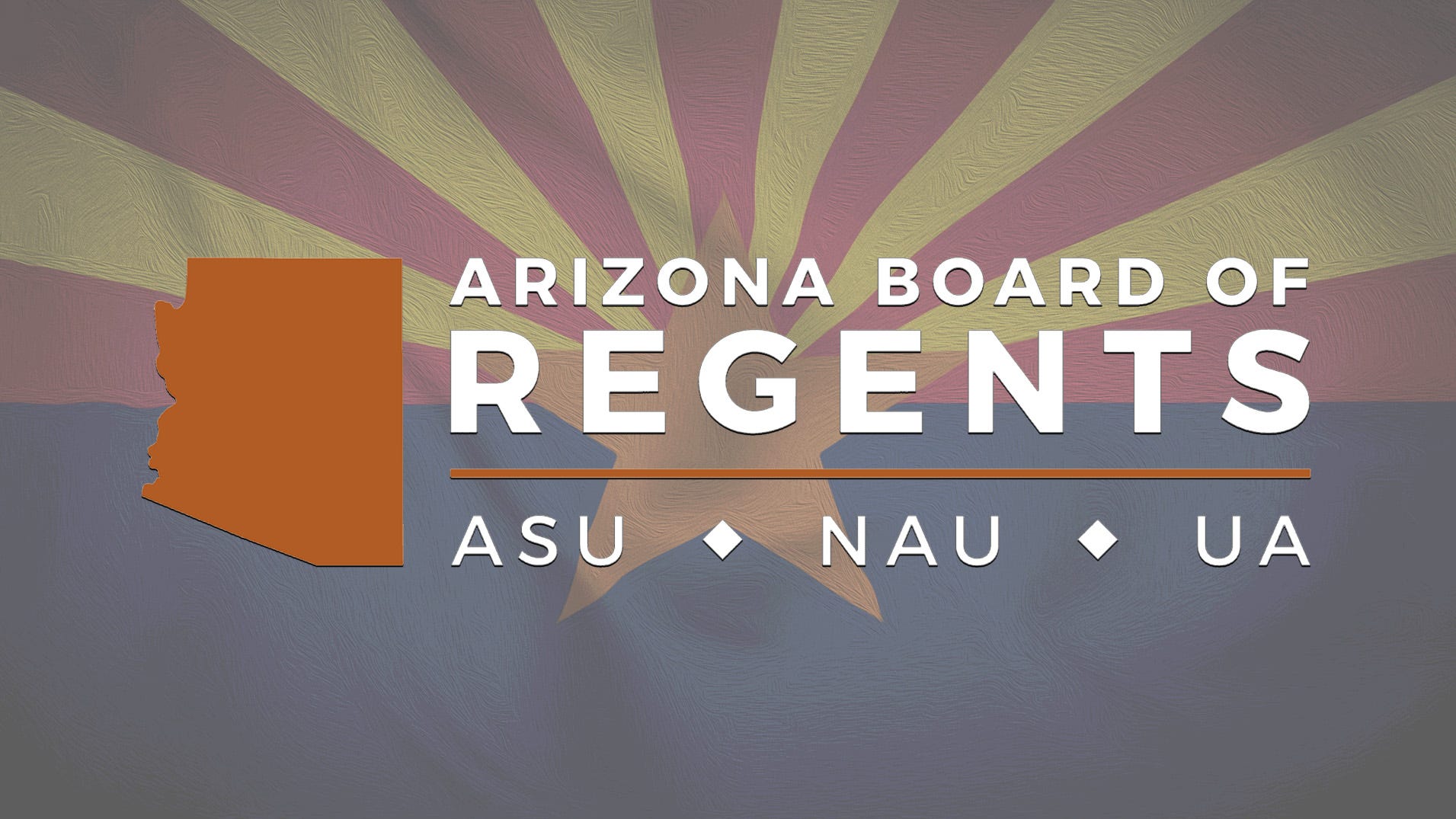As an employer or employee in Arizona, it's essential to understand the state's holiday laws and regulations. In this article, we'll delve into the world of Arizona state holidays, exploring which ones are paid time off (PTO) and which ones are unpaid. We'll also provide insights from
FactorialHR, a leading HR management platform.
Overview of Arizona State Holidays
Arizona observes several state and federal holidays throughout the year. While some of these holidays are mandatory paid time off, others are optional or unpaid. As an employer, it's crucial to know the difference to ensure compliance with state laws and to maintain a positive work environment.
Federal Holidays in Arizona
The following federal holidays are observed in Arizona and are typically paid time off for most employees:
New Year's Day (January 1st)
Memorial Day (Last Monday in May)
Independence Day (July 4th)
Labor Day (First Monday in September)
Columbus Day (Second Monday in October)
Veterans Day (November 11th)
Thanksgiving Day (Fourth Thursday in November)
Christmas Day (December 25th)
Arizona State-Specific Holidays
In addition to federal holidays, Arizona observes several state-specific holidays, including:
Martin Luther King Jr. Day (Third Monday in January)
Presidents' Day (Third Monday in February)
Cesar Chavez Day (March 31st)
Arizona Statehood Day (February 14th)
While these holidays are not necessarily paid time off, some employers may choose to observe them as PTO or provide alternative benefits.
PTO or Unpaid: Understanding Arizona State Holiday Laws
According to Arizona state law, private employers are not required to provide paid time off for holidays. However, many employers choose to offer PTO or unpaid holidays to attract and retain top talent.
As an employer, it's essential to establish a clear holiday policy that outlines which holidays are paid or unpaid. This policy should be communicated to all employees and consistently enforced to avoid any confusion or disputes.
Best Practices for Employers
To ensure compliance with Arizona state holiday laws and to maintain a positive work environment, employers should:
Develop a comprehensive holiday policy that outlines paid and unpaid holidays
Communicate the policy to all employees
Consistently enforce the policy
Consider offering alternative benefits, such as flexible scheduling or extra PTO, for employees who work on holidays
In conclusion, understanding Arizona state holidays is crucial for employers and employees alike. By knowing which holidays are paid time off and which ones are unpaid, employers can establish a clear holiday policy that attracts and retains top talent. As an employer, it's essential to stay compliant with state laws and regulations, and to consider the benefits of offering PTO or alternative benefits to employees.
At
FactorialHR, we provide employers with the tools and resources needed to manage their workforce effectively. Our HR management platform offers features such as time-off tracking, employee onboarding, and performance management, making it easy to stay compliant with Arizona state holiday laws. Contact us today to learn more about how FactorialHR can help your business thrive.
Note: The content of this article is for general information purposes only and should not be considered as legal advice. Employers should consult with a qualified attorney or HR expert to ensure compliance with Arizona state holiday laws and regulations.





